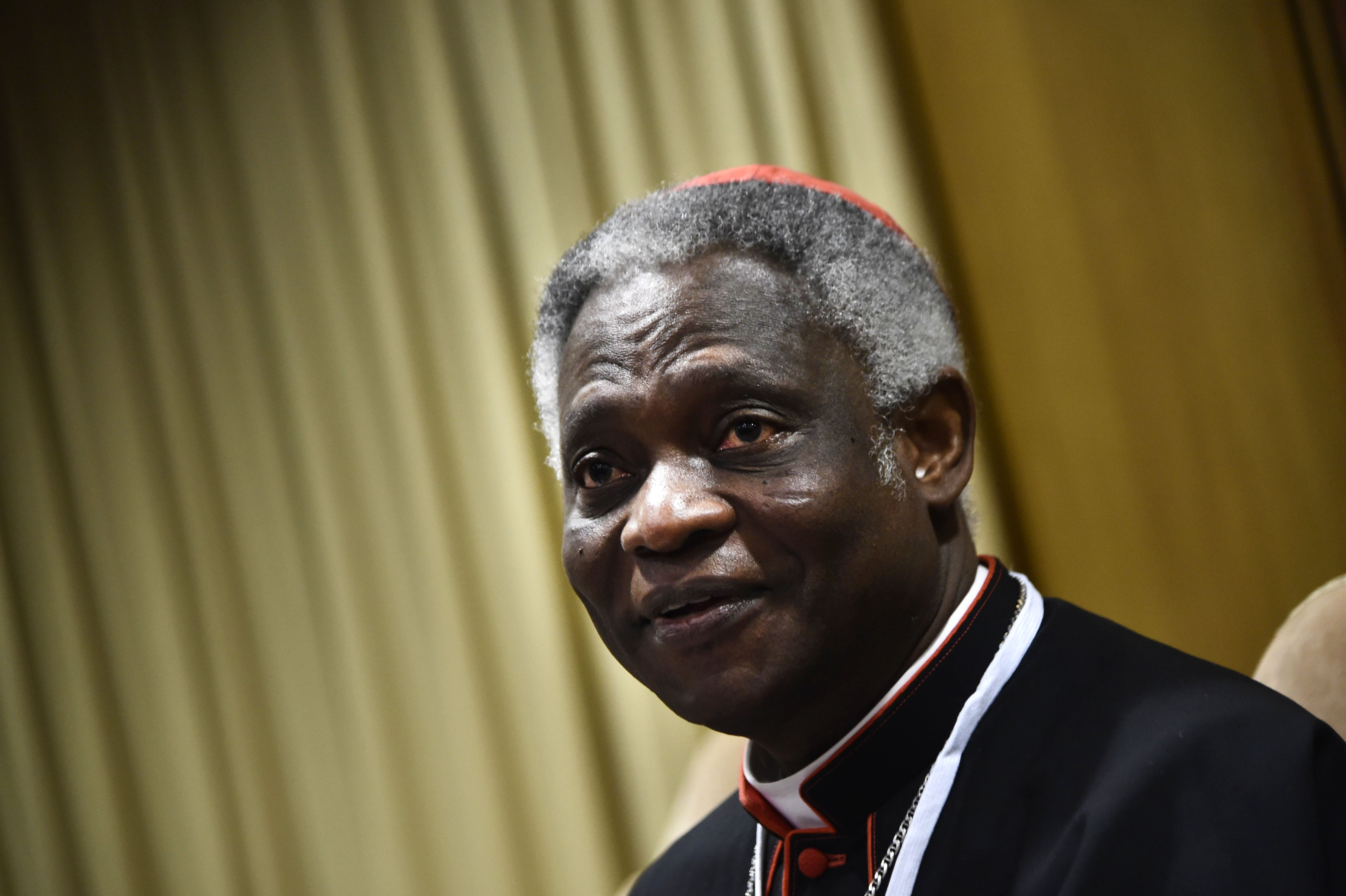Laudato si' three days later
All-round interview with the Prefect of the Dicastery for Promoting Human Development that organized the international Conference “Saving our common home and the future of life on earth”, marking the third anniversary of Laudato si’

The international conference “Saving our common home and the future of life on earth”, took place in the Vatican July 5-6, on the initiative of the Dicastery for Promoting Integral Human Development, in cooperation with the Global Catholic Climate Movement, upon the third anniversary of the publication of the encyclical Laudato si’. The meeting, organized in partnership with Caritas Internationalis, Cidse, Cafod, the Global Solidarity Fund, Fastenopfer, Repam and EcoJesuit, underlined the urgent need for concrete actions for environmental protection, including climate change. We retraced the highlights of the Conference with Cardinal Peter A. Turkson, Prefect of the Dicastery for Promoting Integral Human Development.
Card. Turkson, primary attention was given to youths and indigenous peoples since the beginning. How come?
We wanted to involve young people ahead of the Synod in October; indigenous peoples with a view to the Synod in the Amazon region in October 2019. The former not only because they are the future. They also the present of our world. The latter because they experience the consequences of the environmental crisis in first person.
Laudato si’ three years later. What can be said?
In the past three years we had the opportunity to travel across many areas of the world and address the environmental and ecological challenge in a number of environments, universities and Churches. We discussed at all levels and we received heterogeneous responses: some people wondered why their parish priest had never addressed the issue, while others spoke about initiatives ongoing in the parish. In the encyclical the Pope highlighted the importance of scientific evidence and all the data, facts and information collected testify to climate change and global warming. In December 2015, immediately after the promulgation of Laudato si’, 196 Countries had adopted the Paris Agreement with the purpose to keep global warming to well below 2 °C above pre-industrial levels, and if possible below 1.5°C.
Were the promises kept?
No. I deny this commitment. Two-and-a-half years have gone by and the situation is alarming. Glaciers continue to melt, desertification is advancing, the conditions of the atmosphere are worrying for the high concentration of CO2 emissions and the most serious consequences are not felt by us living in large continents. The heaviest impact is felt by the poor, and as said in the past days, by the inhabitants of Pacific islands whose lands risk disappearing all together. There is need for urgent action. As Pope Francis said when he received us in audience (on July 6 ed.’s note), I hope that the COP24 Climate Conference of December next in Katowice (Poland, ed.’s note) will be a milestone in the process already defined in Paris.
Francis made an appeal to governments and financial institutions.
Guidelines and good intentions cannot turn into concrete actions without governments’ political will. That’s the first obstacle. On top of this, in many cases economic and financial elements condition the leadership’s activity. That’s why the Pope has asked the International Monetary Fund and the World Bank to promote effective reforms for a more inclusive and sustainable development.
In the two-day Vatican conference economist Nicholas Stern, Professor at the London School of Economics, said that the cost of inaction towards the ecological crisis is far higher than that of interventions and that for most economists the environment is not an issue. In fact the Pope hopes that the world of finance will recover its role as a tool for the optimal production of wealth, development and care for the environment.
Financial institutions should encourage investments that have positive social and environmental impact.
We need to promote a fair transition towards renewable energy and invest in change: investing in industries that seriously consider this transition means investing in the future, in our well-being.
We need a cultural revolution.
All change processes can be daunting, but an energy transition from fossil fuels to alternative energy sources cannot be postponed. Past June, in conjunction with the Chancellor of the Pontifical Academy of Science Msgr. Sanchez Sorondo, we summoned in the Vatican, at the Casina Pio IV, the CEOs of major oil companies (ExxonMobil, ENI, British Petroleum, Royal Dutch Shell, Equinor and Pemex, ed.’s note) to discuss this specific issue. All those present agreed that the transition would have a positive impact. The problem is that if the use of oil were suddenly interrupted, an important market would collapse, sparking off a chaotic situation.
It’s a complex transition that must be governed with intelligence.
Ensuring that it causes no damage and that it is motivated by care for the human person and his wellbeing, with special focus on the poor, the first victims of climate change, requires farsighted management.
As regards environmental pollution, in your Dicastery you decided to ban the use of plastic.
It’s a small expression of good practice to send a sign of change. We know that Denmark is at the forefront of processing and upcycling plastics; in Taiwan, a company converts it into textile fibres, but it still remains plastic. We have made this choice: every officer has a couple of glass bottles he can fill up and reuse whenever needed. In our meetings we uses paper cups. We are planning to draw up a brief guideline for the other dicasteries of the Holy See, indications of best practices, which they can freely decide to adopt.